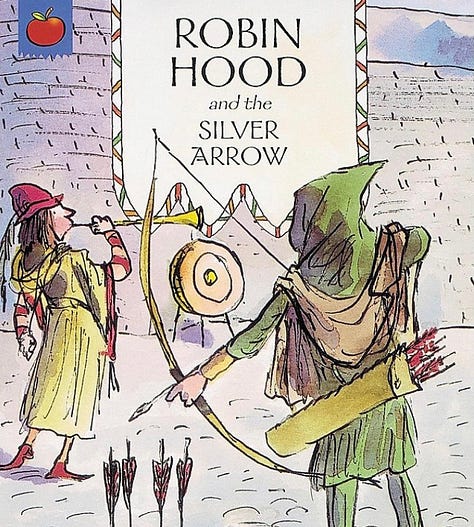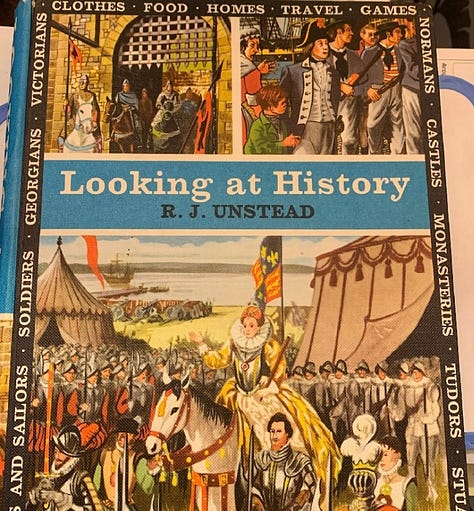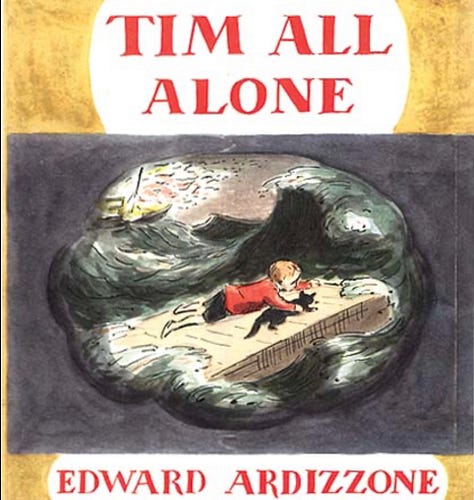A first for How We Homeschooled Today, and I’m going to give a short introduction for those of you not familiar with flexischooling. In the UK, parents have a legal right to ask their child’s school to consider allowing part-time attendance, with the remaining education taking place at home. But schools are under no obligation to consent to this. For some families it would be a dream option, offering the best of both worlds, but anecdotally few schools are willing to agree. But
has found one, and here he shares how it’s working for him and his family.You can theoretically flexi-school at a private or state school. Roughly 6-7% of UK children attend a private school. Average fees are £15,000 a year, going up to £40,000+ for the likes of Eton etc. The average pre-tax UK income is £38,000.
Statistically, the proportion of children in private education hasn’t shifted much since I was at school, but in my own experience I think there is a shift; families who when I was a child would have been classic private-school families—well-paid, dual-income—are sending their children to the local state school (public school in the US). If private schools want to broaden their appeal beyond the very wealthiest parents, offering an à la carte option, as Will suggests, is an interesting prospect.
I’d love to hear your thoughts. Is this something you’d consider if it was available nearby? If you’re a schoolteacher, would you welcome flexi-schooling in your classroom?
If you’re new here, there’s a list of previous Special Guest Editions at the bottom. And when you’ve finished, head over to The Lantern, where Will writes on education and schools policy.
UK independent schools have few friends. The most famous head in the country thinks they are too woke; the likely next Prime Minister thinks they deserve a massive new tax; fewer families can afford them as things stand today. Even Catherine’s readers voted overwhelmingly against them in a recent post.
So what is to be done?
I am living out a homeschooling plan that could win them more friends. I make the wider argument in a recent series of essays edited by Paul Lindley for his policy project Raising the Nation:
“What we need is to make the impact of these unique institutions, repositories of heritage and achievement for centuries, felt by as many children as possible. How could this be done? In a sentence: ‘unbundle’ the school experience and massively redistribute it so that many more children can secure access to at least some of it.”
You can read the full essay here.
What I am arguing for, and practising with my own children, is for families to explore an à la carte relationship with their own local private schools, a blend of school and homeschool.
Our son (4) attends an affordable private school on Monday, Tuesday, and Wednesday, and on Thursday mornings. We then home-school him for the remaining 1.5 days. We are far from the only family who have this arrangement with the school, and we will do the same when our daughter (2) starts at the school in a few years’ time.
Having worked in schools and as a tutor, I had always wanted to homeschool my children following the philosophy of Charlotte Mason. This ‘hybrid approach’ allows me and my wife to do so without one of us having to give up work.
How do we do it and what can be done in such a short time?
Our son is, I would say, a ‘young’ 4 and gets easily tired. Thursday afternoons are therefore almost entirely free of anything cognitive and largely involve a lot of cooking with my wife. She will also take him with her on outings (recently, new passport photos!) which has its own maturing effect.
Friday morning is my turn, and we have created a satisfying rhythm:
The most structured, and painful, stuff is first: 20ish mins of phonics, writing and—some time soon—arithmetic. The work is much harder, more technical, and less intuitive than I expected and is the area I am most grateful for the school partnership. I have rebranded it ‘phonics by the fire’ so that we can borrow some charm from the woodburner to lighten our spirits.
Then it’s jackets on for our Nature Walk. This is a staple of Charlotte Mason’s approach and usually my favourite hour of the week. We vary our walk through the footpaths of our village. The emphasis is on attention and joy, and I’m still thinking through which props, if any, best achieve these prizes. We try to limit screens as much as possible so plant identifying apps are out. The small hessian collectors bags seem to provide a powerful incentive to gather. The magnifying glass can be a boon but can be a distraction: it almost got eaten by a pig when it became the subject of some unwanted magnification. The polaroid camera likewise. The spotters’ guides and bird tallies are probably going to become more important as the children grow older. As an experienced Charlotte Mason teacher advised, at this stage we are just trying to enjoy being in the natural world together. And enjoy we do.
We end in the local farm shop and reward ourselves with an espresso/babyccino and cinnamon bun while discussing our finds.
Back home, we return to our fireside sofa and make our way through a succession of books as time and attention allow. Following Mason, I try to keep the pace at a lick so that it’s rare we’re reading any one book for more than about 20 mins. However, he has sometimes enjoyed the History so much that I keep going for longer.
It is meant to be, in Mason’s words, an ‘invitation to a Feast’ - and that’s the metaphor I have in mind when planning what to read or listen to. Sample some of our delights below, and please recommend more!





[Links: Robin Hood by Tony Bradman; Looking at History by R J Unstead; Tim All Alone by Edward Ardizzone; Bible Storybook; I Spy Animals in Art by Lucy Micklethwait]
It’s early days—this is his first term of schooling—but, once I got my bearings and ambitions straight (e.g. long Mason-esque narration can wait), I have been staggered by how much we cover each week and how seemingly formative it is in his developing mind. Last week, he made a full cardboard castle, with coat of arms and portcullis, off the back of reading just a few pages about the Norman Conquest.
We’re fortunate that we both work for ourselves, and that the children’s school is so accommodating, but I really don’t see why more families and schools don’t form similar partnerships. With choppy waters ahead, schools will need to be nimble and innovative—hey presto!
If you’re new to How We Homeschool, you might like to take a look at previous Special Guest Posts.
Dixie Dillon-Lane on homeschooling through sickness.
Eloise Rickman, on putting children’s rights at the heart of home education.
Ruth Gaskovski on building community.
Katherine Seat getting out of the house on a noisy day in Cambodia.
Renee’s account of a homeschool day with her son, who has autism.
Mary-Ann Horley’s account of home education at home and on holiday.
Allyse Hopkins’ very relatable day with her family of four in New Zealand.
Susie Wales’ life with her three boys in Florida.
Rachael Ringenberg’s thoughtful glimpse into her life with four girls in Vermont.
Joel Bowman’s ‘away schooling’, travelling around the classical world with an eight year old.
If you’d like to be next, get in touch! Everyone is welcome, whatever your homeschool looks like. And don’t forget to take a look at Will’s Substack, The Lantern.
If you’re interested in education outside—or perhaps alongside—the mainstream, put the 24th April in your diary.
has secured a grant to hold an UnConference in London, on the subject of ‘educating otherwise’. More info coming soon—keep an eye on How We Homeschool and Ben’s Substack.Thanks for reading. If you’re not subscribed, sign up for free and never miss a post. There are daily ‘how we homeschooled today’ posts, longer, more thoughtful posts on specific topics, lots of booklists, and of course the special guest editions!







I had never heard of Charlotte Mason before I read this post. What a delightful, useful discovery. Thanks very much!
This was an interesting read! My daughter is in reception and her school have a policy giving parents the option of keeping 4 year olds at home on Wednesdays so that they don’t run out of steam by the end of the week! My summer born child will benefit for most of the year. I think it’s a really good idea and meant I didn’t have to negotiate a flexi-schooling agreement, which I would probably have tried to do. So far we’ve mostly used the day for rest but it has meant a few nice and quiet mid-week library and pool visits, as well as running errands and seeing family.
Unfortunately, I get the impression that the school wouldn’t be as keen on extending this into year 1 and beyond, but we’ll see!